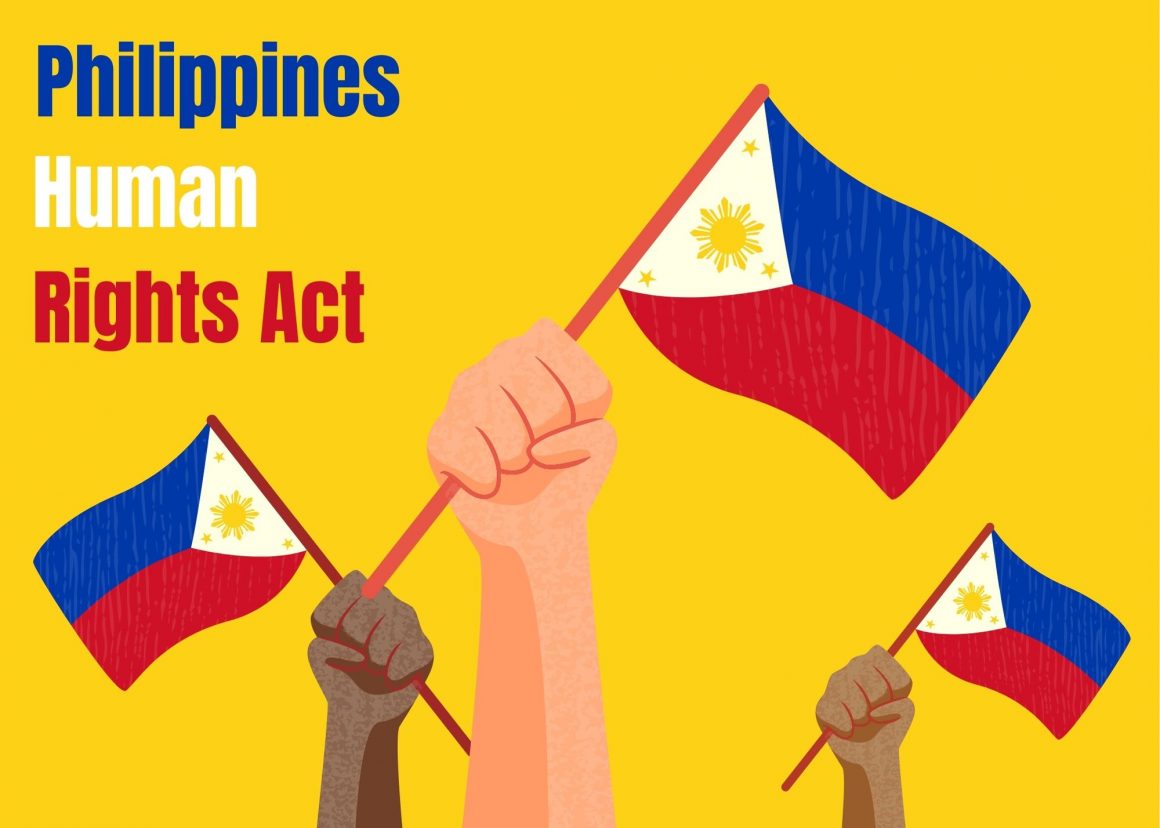
The problem of human rights in the Philippines
By Julieanne Acosta, December 28 2021—
On Nov. 18, 2021, 3,000 pairs of tsinelas — Tagalog for flip-flops — were laid out near the U.S. Capitol in Washington with activists imploring Congress to pass the Philippines Human Rights Act.
Protestors urged the Biden government and U.S. Congress to pass the act to cut U.S. aid for the Philippines military and police. The activists laid out the tsinelas to remind the U.S. government of the nearly 30, 000 lives lost to current Philippines president, Rodrigo Duterte’s, war on drugs. Each pair represents 10 lives lost.
During the lockdowns in 2020, killings in the name of the drug war increased by over 50 per cent from April to July. Once lives are taken from the victims, many children are left without parents and are forced into poverty and often drop out of school because of financial reasons and bullying from their peers.
Duterte’s government has fallen in approval ratings from 62 per cent in June 2021 to 52 per cent in a recent poll done in October. The poll had a three per cent error margin and had Filipinos claiming that their quality of life got worse this past year.
The Committee to Protect Journalists (CPJ) called the Philippines National Police for a comment on the murder and was put on hold before the line dropped. The CPJ — to no surprise — additionally ranked the Philippines the seventh most unsafe place for journalists in the world based on the number of unsolved murders of reporters.
Courts convicted Nobel peace prize-winning Maria Ressa for cyber libel for her independent digital outlet, The Rappler, that reported on thousands of extrajudicial killings in the war on drugs and was direct in her opinion against the government.
To further this, in June 2016, Duterte was quoted saying “Just because you’re a journalist you are not exempted from assassination if you’re a son of a b*tch.”
According to the World Record: Human Rights Watch, “threats and attacks, including murders, against left-wing political activists, environmental activists, community leaders. Indigenous peoples’ leaders, journalists, lawyers and others rose in the past year.”
The 30,000 lives taken in the war on drugs are not the only lives that have been lost since Duterte’s government. Since his term began in 2016, 21 journalists have been killed and most of their killers have faced no repercussions or have never been found. The most recent journalist who lost his life was Orlando “Dondon” Dinoy who was shot six times in his own home after an unidentified gunman broke into his apartment just last month on Oct. 30.
Whether or not this murder was linked directly to the government, the Philippines has become unsafe for those who go against Duterte’s rule in any way — and all these examples further this notion. The way that he upholds himself to the Philippines has drastically split the country into two sides — those who are for him and those who are against him.
It is no coincidence that 13 Karapatan — a left-wing non-government organization — members were killed during the Duterte administration. The risks of human rights work in the Philippines has become far too high for those who live there and it has become essential for those of us who aren’t in that situation to speak up for those who can’t.
In 2020, American journalist Brandon Lee was a victim of a suspected assassination attempt from the Philippines government after being shot while in the Philippines. An investigation from the Philippines government was never conducted.
“I can be considered one of the fortunate ones who have survived, because I could’ve easily been one of the 30,000 fathers, sons, mothers and children who have been killed brutally, mercilessly, with no due process whatsoever,” said Lee in an interview with media outlet KQED in San Francisco.
In support, Lee has advocated alongside activists for the U.S. Congress to pass the Philippines Human Rights Act. In April 2020, the U.S. granted 5.3 million dollars to the Philippines for COVID-19 aid — however many believe that the money was used rather to further militarize the country.
That same month, Duterte ordered his military to “shoot dead” any violators of the quarantine mandate. This order was in direct response to citizens demanding aid from their government in the form of protests after weeks of not receiving money and having no food to feed their families, let alone themselves.
Passing this Human Rights Act would cut funding to the Philippines’ security and police services with the goal of them reforming their system before funding can be restored. Despite these blatant human rights violations, many are unaware of the situation thus leaving Filipinos defenceless to their government.
Being a Filipino who can live in a safe country away from the human rights violations enacted back in the Philippines is a privilege. This issue has gone on for years with little to no coverage. With this chance to help those back home, we must do our part in raising awareness and signing petitions to further the activism that is being led.
A petition can be found and signed from The Action Network titled “Cut US Aid to the Philippines.”
This article is part of our Opinions section and does not necessarily reflect the views of the Gauntlet’s editorial board.
